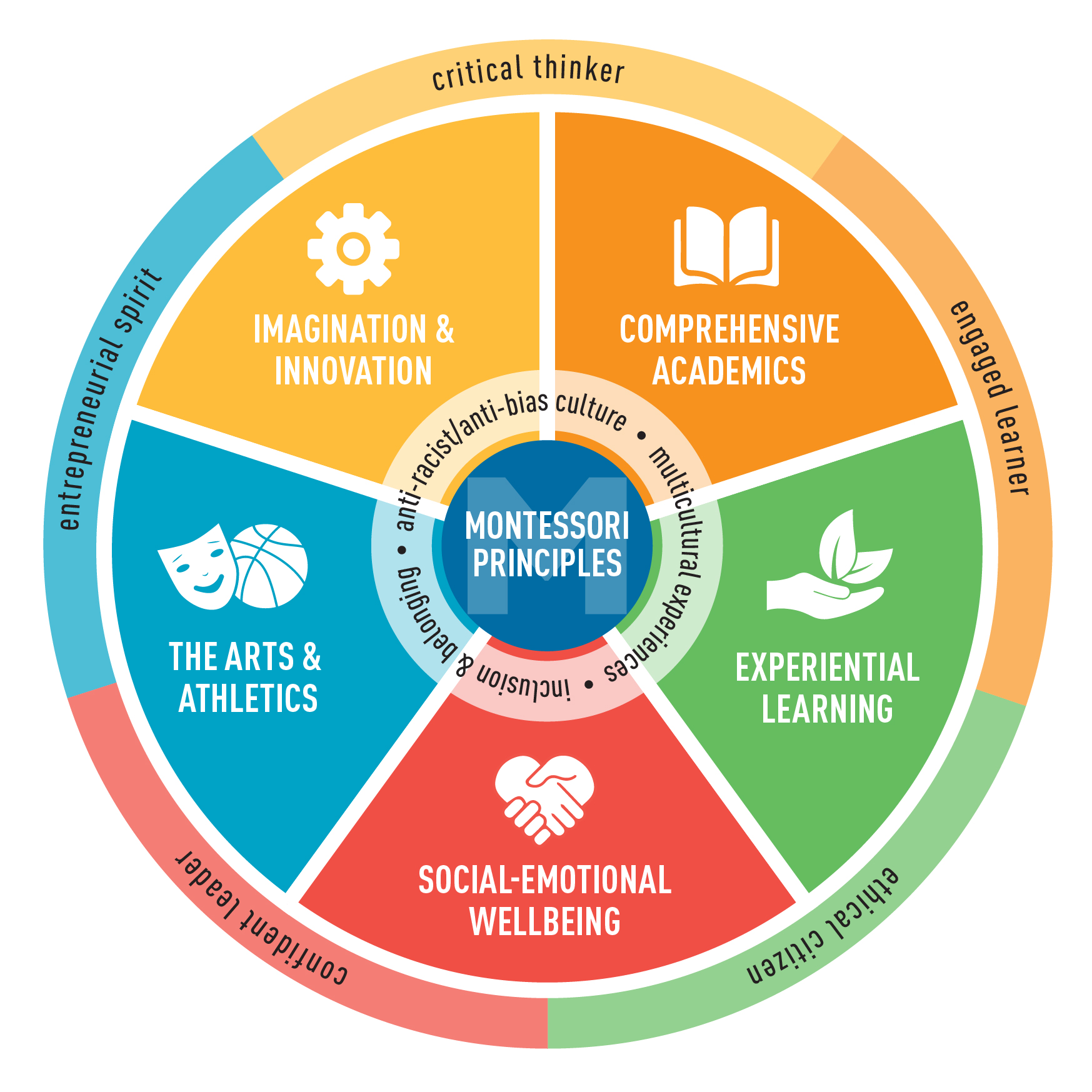
Unveiling the Magic: Montessori Philosophy Principles
Montessori education is not just a teaching method; it’s a transformative philosophy that shapes the way children learn and grow. Let’s delve into the enchanting world of Montessori philosophy principles, exploring the guiding principles that make this educational approach truly magical.
A Child-Centric Approach: The Heart of Montessori Philosophy
At the core of Montessori philosophy is a profound belief in the potential of every child. The child-centric approach emphasizes that each child is a unique individual with their own pace of development. In Montessori classrooms, the focus is on nurturing the whole child – emotionally, socially, intellectually, and physically.
The Prepared Environment: A Classroom Designed for Learning
Montessori classrooms are meticulously crafted environments that facilitate independent learning and exploration. The prepared environment is thoughtfully designed with age-appropriate materials and activities that cater to the developmental needs and interests of the children. This intentional setup fosters a sense of order, concentration, and joy in learning.
Freedom within Limits: Nurturing Independence and Responsibility
Montessori philosophy encourages freedom within limits, recognizing that children thrive when given the autonomy to make choices within a structured framework. This principle aims to cultivate a sense of responsibility, self-discipline, and decision-making skills in children. It empowers them to explore their interests while respecting the needs of the community.
Multi-Age Grouping: Fostering Collaboration and Mentorship
Montessori classrooms typically feature multi-age groupings, allowing children of different ages to interact and collaborate. This structure creates a sense of community where older children become role models and mentors, and younger ones benefit from observing and learning from their peers. It fosters a supportive and cooperative learning environment.
Hands-On Learning: Engaging the Senses for Deeper Understanding
Montessori education places a strong emphasis on hands-on, experiential learning. The materials used in the classrooms are designed to be manipulative and sensory-rich, allowing children to engage their senses in the learning process. This kinesthetic approach promotes a deeper understanding of concepts and encourages a love for learning.
Self-Correction and Auto-Education: Instilling a Growth Mindset
Montessori philosophy values the natural process of self-correction and auto-education. Children are encouraged to recognize and learn from their mistakes independently. This principle instills a growth mindset, teaching children that challenges are opportunities for learning and that perseverance leads to success.
Uninterrupted Work Periods: Fostering Concentration and Focus
In Montessori classrooms, children have uninterrupted work periods during which they can choose activities and engage in self-directed learning. This extended focus time allows children to fully immerse themselves in their chosen tasks, promoting deep concentration and the development of a sustained attention span.
The Role of the Montessori Teacher: Guide and Facilitator
Montessori teachers take on the role of guides and facilitators rather than traditional lecturers. They observe each child’s unique needs, interests, and progress, providing guidance and support when necessary. The teacher’s role is to create an environment that stimulates curiosity and to nurture the natural love for learning that resides within each child.
Holistic Assessment: Beyond Traditional Testing
Montessori philosophy embraces a holistic approach to assessment that goes beyond traditional testing methods. Instead of relying solely on exams, teachers observe and assess a child’s development across various domains – social, emotional, cognitive, and physical. This comprehensive evaluation provides a more nuanced understanding of a child’s progress.
Bringing Montessori Magic Home: Extending Principles Beyond the Classroom
The enchantment of Montessori philosophy principles doesn’t end when the school day does. Parents are encouraged to apply these principles at home, creating a seamless transition between learning environments. By incorporating Montessori principles into daily routines, parents can further support their children’s independence, curiosity, and love for learning.
Embark on the Montessori Journey: Discover More at Montessori Philosophy Principles
In conclusion, the magic of Montessori philosophy lies in its unwavering belief in the potential of each child and the transformative power of an education that respects and nurtures their individuality. To delve deeper into the principles that make Montessori education truly magical, explore Montessori Philosophy Principles for valuable insights and resources.





